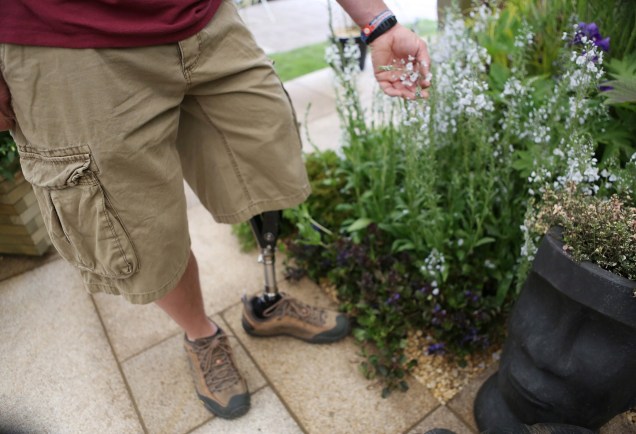Dr Rado Masaryk is an Assistant Professor at the Institute of Applied Psychology, Faculty of Social and Economic Sciences, Comenius University in Bratislava. He is also hosting the next 2019 ISCHP conference in Bratislava and our new conference chair. We are delighted to feature his career file.
Could you say a bit about your career trajectory so far?
One year after finishing my Masters in psychology I found out about a PhD position opening at the Faculty of Education which is a school that trains future teachers. I was sceptical at first. I had never thought of myself as an academic type. But I applied anyway, and got accepted, and found myself in a rather bizarre institution. The school was heavily underfunded, most of the students had no intention of ever going into teaching, there was no tradition of doing real research, many of my colleagues were severely burned out and they found no joy in their teaching or research. I nevertheless hung around until I got my doctorate. And then surprisingly I hung around for several additional years, because I felt that working with future teachers was the most important job in the world. However, I got to feeling a bit stagnant as far as my academic career went. So after 9 years it was time to move on. The Head of the Institute of Experimental Psychology at the Slovak Academy of Sciences offered me a job and a chance to manage a group of inspiring young researchers. I started to publish internationally (it was about time!). Now I work at the Comenius University’s Faculty of Social and Economic Sciences which is a small institution and at the same time a very dedicated group of researchers. We are the youngest and the most radical part of the Comenius University, and I enjoy working for this progressive faculty. Continue reading →
Like this:
Like Loading...

